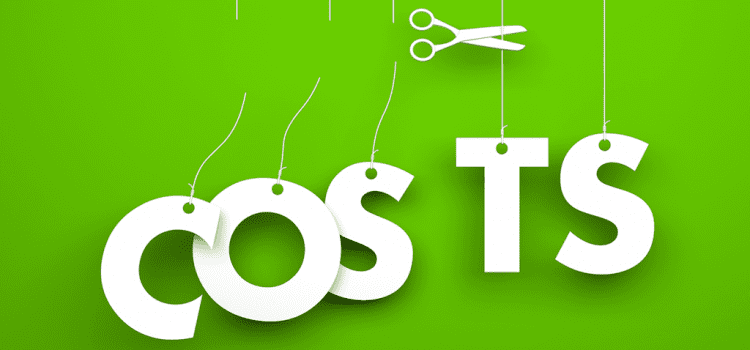Deciding to go freelance is a huge step, whether you’re planning to replace your full income or freelance alongside a job.
Like any business, you’ll want to keep costs minimal when you’re starting up so you can quickly begin making a profit. So we’ve put some tips together to help you start with minimal investment.
Take advantage of free software or free trials
Software can be expensive. Luckily there’s a lot of it out there for free or at least there are free trials to take advantage of. Make use of these and then upgrade when you’re making more money and can afford to.
Use the cloud
Cloud storage and cloud accounting are both rising in popularity for good reason. They’re easy to sign up to, usually cheaper than alternatives and you can access them wherever you are.
Your data also won’t be at risk if your computer fails because you’ll just be able to log on from another one.
Tone the office plans down
A lot of people have an ideal picture in their head about how they want working from home to look. It may feature inspirational quotes on the wall, desk plants and colour co-ordinated stationery.
However, if it’s not feasible to fork out for, put the plans for a Pinterest-worthy office away for now. Start small and basic while you’re starting out. When your finances become a bit more stable, you can then upgrade your office without worrying too much about costs.
Buy used equipment
If you need to buy equipment or furniture, try looking for used items first. There’s no need to splurge on new equipment, especially in the early days when you only need it to get started. Hopefully, you’ll turn freelancing into a lucrative business where you’re free to buy what you want in the future.
Look at co-working space
If you’re looking for office space, be aware that this will likely be your biggest expenses so you could do with saving money here if you can.
One way you could do this is to look at co-working spaces where you can work alongside other freelancers in a common space with handy facilities. This is a great way to combat the loneliness of freelancing and also to meet like-minded people.
Hire other freelancers
This might be for further down the line but it’s worth bearing in mind now. If you get to a point where you’re busy and are having to turn down work, you could try hiring another freelancer to take care of certain tasks in order to free you up for more client work.
Keep records of expenses
For when you do invest in new equipment or software for your business, make sure you’re keeping details of all purchases so you can claim expenses to keep your tax bill down.
If you need advice on what you can claim for, you can take a look at the government’s website here.
Do you have any more tips for keeping costs down? What’s your biggest expense so far? Please let us know your thoughts.







